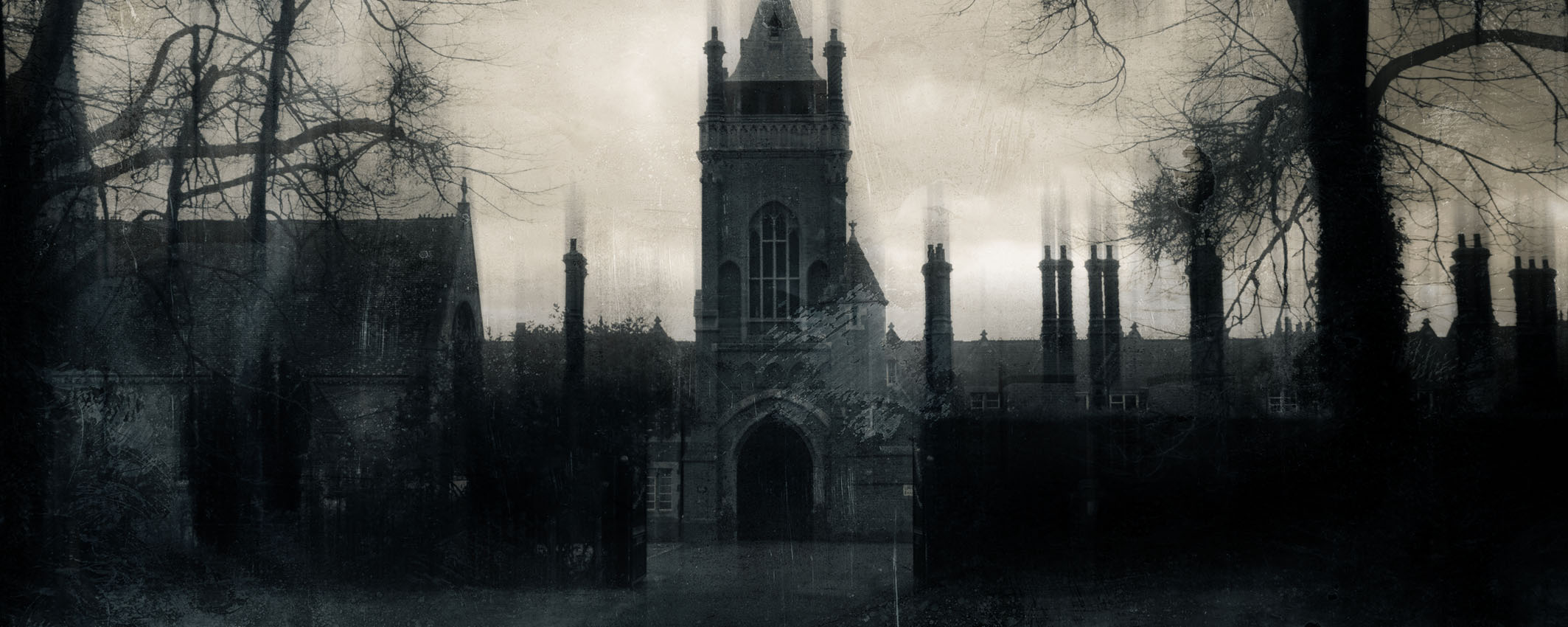 |
CCHU9081 Arts and Humanities
|
Course Description
Do people really scatter ashes of deceased loved ones at the Haunted Mansion at Disneyland? Is the driving of hopping zombies in western Hunan Province real? How about the unsettling Wah Fu Estate UFO sighting in the 1970s and 1980s? Urban legends are folk narratives set in our times that reflect the moral judgements, hopes, desires, fears, and anxieties of our lives. These stories are usually circulated with vivid details, sometimes sinister but persuasive because of their mundane background. Residing in every aspect of our society, some urban legends go viral worldwide within minutes once they hit the internet. The increasing complication of the quasi-public online environment is stretching the significance and relevance of urban legends in the community to a new limit. Students in the course will study this widespread and trending genre from different perspectives, from the transitional folk narrative to storytelling, from exploding the history and origins of certain legends to their social implications. Students are encouraged to form their own interpretations of urban legends from Hong Kong and other parts of the world using anthropological, sociological, psychological, and literary approaches accompanied with case-studies from different media and platforms.

Course Learning Outcomes
On completing the course, students will be able to:
-
- Understand the similarities and differences of urban legends in Hong Kong, East Asia, Southeast Asia and beyond.
- Demonstrate the ability to collect and compare information on an urban legend from multiple methods and sources.
- Analyse factors affecting the formation and transmission of an urban legend, and its relationship with the collective memory of a society.
- Present an urban legend to the public from a multiple and integrated perspective.
Offer Semester and Day of Teaching
First semester (Wed)
Study Load
| Activities | Number of hours |
| Lectures | 24 |
| Tutorials | 8 |
| Fieldwork / Visits | 6 |
| Reading / Self-study | 45 |
| Assessment: Reflective journal | 6 |
| Assessment: Field report writing | 6 |
| Assessment: Group video production and presentation | 30 |
| Total: | 125 |
Assessment: 100% coursework
| Assessment Tasks | Weighting |
| Tutorial participation | 10 |
| Reflective journal | 15 |
| Field trip report | 35 |
| Group project | 40 |
Required Reading
- Bascom, W. (1954). Four Functions of Folklore. The Journal of American Folklore, 67(266), 333-349.
- Best, J., & Horiuchi, G. T. (1985). The Razor Blade in the Apple: The Social Construction of Urban Legends. Social Problems, 32(5), 488–499.
- Bird, S. E. (2002). It Makes Sense to Us. Journal of Contemporary Ethnography, 31(5), 519-547.
- Blank, T. J. (2012). Folk Culture in the Digital Age: The Emergent Dynamics of Human Interaction. Logan, UT: Utah State University Press.
- Bosco, J. (2007). Young People’s Ghost Stories in Hong Kong. The Journal of Popular Culture, 40(5), 785-808.
- Brunvand, J. H. (2001). Folklore in the News (And, Incidentally, on the Net). Western Folklore, 60(1), 47.
- DiFonzo, N., & Bordia, P. (2007). Rumor, Gossip and Urban Legends. Diogenes, 54(1), 19-35.
- Ellis, B. (2018). “Fake news” in the contemporary legend dynamic. The Journal of American Folklore, 131(522), 398-404.
- Harber, K. D., & Cohen, D. J. (2005). The Emotional Broadcaster Theory of Social Sharing. Journal of Language and Social Psychology, 24(4), 382–400.
- Heath, C., Bell, C., & Sternberg, E. (2001). Emotional selection in memes: the case of urban legend. Journal of Personality and Social Psychology, 81(6), 1028-1041.
- Koro Study Team. (1969). The Koro Epidemic in Singapore. Singapore Medical Journal, 10(4), 234-242.
- Mullins, W. (2019). Check snopes: cyborg folklore in the internet age. In S. Ingram, W. Mullins & T. Richardson, Implied Nowhere: Absence in Folklore Studies (pp. 157-162). Jackson: University Press of Mississippi.
- Stubbersfield, J. M., Tehrani, J. J., & Flynn, E. G. (2015). Serial killers, spiders and cybersex: social and survival information bias in the transmission of urban legend. British Journal of Psychology, 106(2), 288-307.
Course Co-ordinator and Teacher(s)
| Course Co-ordinator | Contact |
| Professor C.P. Tai Faculty of Education (Language and Literacy Education) |
Tel: 3917 4259 Email: cptai@hku.hk |
| Teacher(s) | Contact |
| Professor C.P. Tai Faculty of Education (Language and Literacy Education) |
Tel: 3917 4259 Email: cptai@hku.hk |

